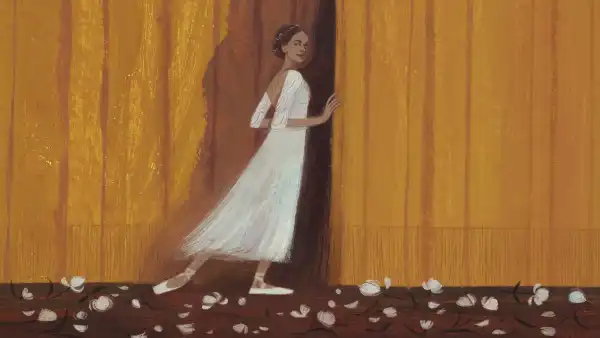
This morning, on CNN, live from Parkland, Florida, with a backdrop of
squad cars parked behind a yellow slash of barricade tape, a reporter interviewed David Hogg, who is a seventeen-year-old senior at Marjory
Stoneman Douglas High School, where, the day before, he survived a
shooting that left seventeen people dead. Hogg, addressing policymakers
with memorably firm eye contact, told them to “look in the mirror.” He
gave a sincere performance of—and about—applying scrutiny.
In its broad outlines, such TV interviews are routine in the aftermath
of school shootings, which are themselves also routine. In the course of
our gun-violence epidemic, a certain narrative grammar has emerged, and
the accounts of eyewitnesses are an enraging staple of morning shows.
But Hogg offered a media presence without exact precedent. A student
journalist, he had interviewed his classmates on camera while they
sheltered in an office as the crime unfolded. A telegenic talent, he was
the most polished of many articulate witnesses to a slaughter,
exemplifying a student response to school shootings that is rarely seen.
The students were speaking into cable-news microphones at a specific
register. They are savvy in the way of kids educated in
affluence—confidently entitled to their opinions and fluent in the
language of influence. They are as camera-ready as any teen-agers raised
on video chats, and they are Americans in an age when active citizenry
demands a particular sort of vocal intensity.
Further Reading
New Yorker writers respond to the Parkland school shooting.
With seventeen people dead on campus, Hogg’s schoolmates have gone viral tweeting back at the President (among other unhelpful commenters) in
appropriate tones of disgust and outrage. Scoffing at hot air about
thoughts and prayers, the very people being thought of and prayed for
were righteously determined to force the story of their classmates’
massacre into a dialogue about gun violence. This energy carried over to
television, where, for instance, a sophomore named Isabella Gomez disputed President Trump on MSNBC. Gomez’s message was partly a matter
of what she said—“He really needs to take into consideration gun
control”—and partly a matter of the calm indignation with which she said
it. Such was the energy, too, that carried Hogg through the news day,
from ABC’s “Good Morning America” to MSNBC and onward. On CNN, he was
asked, “Do you have a message for the lawmakers? Do you have a message
for Congress? For the President?” He said, “My message to lawmakers in
Congress is, Please, take action. Ideas are great. Ideas are wonderful.”
The reference to ideas was, in rhetorical terms, a generous concession,
considering that the majority party has adopted idealessness as its
guiding gun-control policy, as when helplessly lamenting the futility of
gun laws, in the style of Florida’s Senator Marco
Rubio.
Hogg continued, “But what’s more important is actual action, and
pertinent action, that results in saving thousands of children’s lives.
Please, take action.” He restated this idea, with his firm delivery
contributing to the sense that he was offering a whole truth of moral
testimony.
Hogg’s call to action is, of course, eminently reasonable, but I will
confess that my response to him and to his peers is not entirely
rational. I can’t be alone in hoping that the testimony of these young
people galvanizes a movement that can stop a plague. I can’t help but
wonder if my hopes are just dreams fuelled by grief and impotent fear.
And I can’t be the only viewer who, humbled by the poise of the kids who
survived the shooting, is moved yet more deeply for those who did not.
Sourse: newyorker.com






